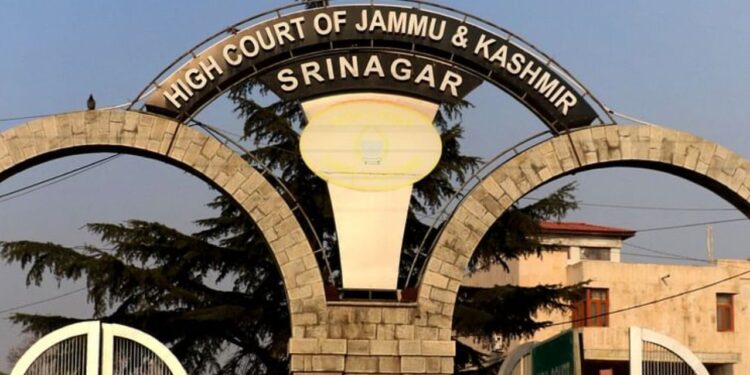The High Court of Jammu Kashmir and Ladakh recently observed that a person who is allowed to occupy land gratuitously does not acquire any legal title to the property. This ruling came in the case M/S M. R. Industries v. State of J&K and Ors.
Justice Sanjay Dhar referenced the Supreme Court’s 2012 decision in Maria Margarida Sequeira Fernandes and Ors. vs. Erasmo Jack De Sequeira, reinforcing that a person who occupies property without compensation or formal permission does not acquire ownership rights. The Court emphasized that only individuals with valid, existing rent, lease, or license agreements can claim legal possession or protection.
The judge further clarified that even prolonged occupation of property, if entered into gratuitously, does not confer any legal rights. “A person whose initial entry onto the land is questionable, and who occupies it gratuitously, cannot claim any legal interest, regardless of how long they occupy the land,” the Court said.
This observation was made while denying an interim injunction to an industrial unit that had been occupying land without a lease or rent agreement for two years. Despite the land belonging to a third party, the industrial unit continued its use of the land.
Justice Dhar emphasized that courts cannot protect possession that was obtained gratuitously. Any claim to protection could only be granted to a party with a legitimate, legally binding agreement in place.
The industrial unit had originally leased part of the land and claimed it was allowed to use the adjacent plot for its operations. It argued that it paid ground rent for the additional plot. However, the authorities rejected the unit’s claim, stating that the adjacent land belonged to a third party and accused the unit of encroaching on the land.
The industrial unit filed a suit seeking to prevent the authorities from interfering with its occupation of the land. It also sought an interim injunction. The civil court dismissed the application, citing pending litigation in the High Court. Subsequently, the industrial unit appealed to the High Court.
On December 17, the High Court dismissed the appeal, stating that the industrial unit did not establish a prima facie case for interim relief. The Court reiterated that unauthorized occupation, regardless of the duration, does not provide legal grounds for protection from eviction.
The High Court upheld the trial court’s decision, stating that the industrial unit’s occupation was unauthorized, and therefore, it was not entitled to an interim injunction. The unit’s occupation of the land, which belonged to a third party, did not create any legal right or interest.
The Court concluded that the industrial unit had no claim to the land and denied the request for an injunction, as there was no prima facie case in favor of the appellant.
Advocate Nisar Ahmad Bhat represented the appellant, while Government Advocate Zahid Qais Noor appeared for the respondent authorities.

















